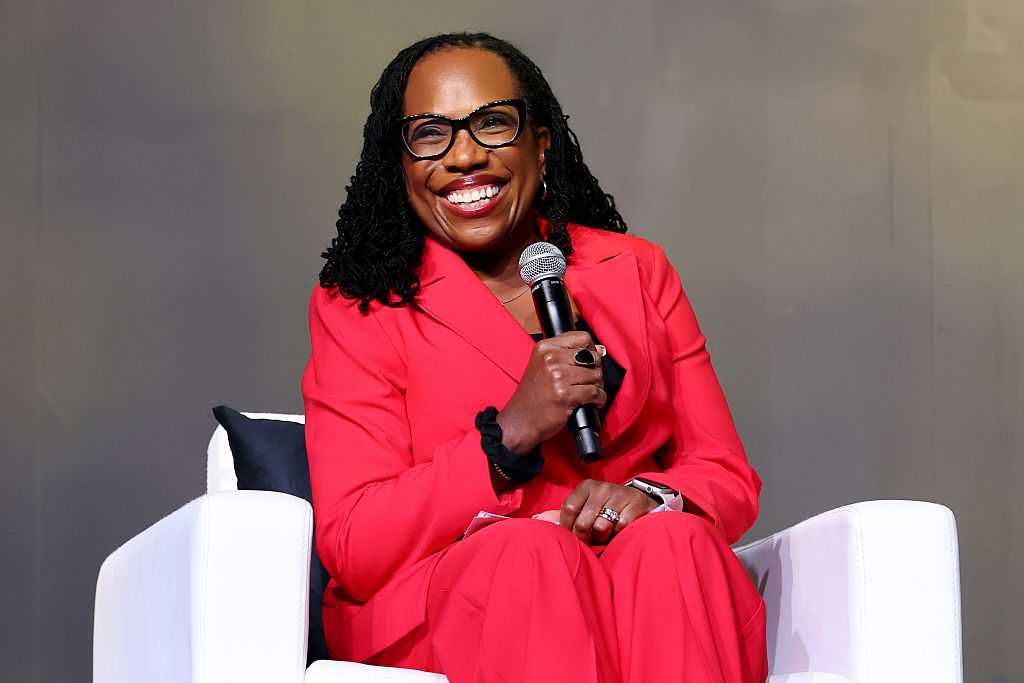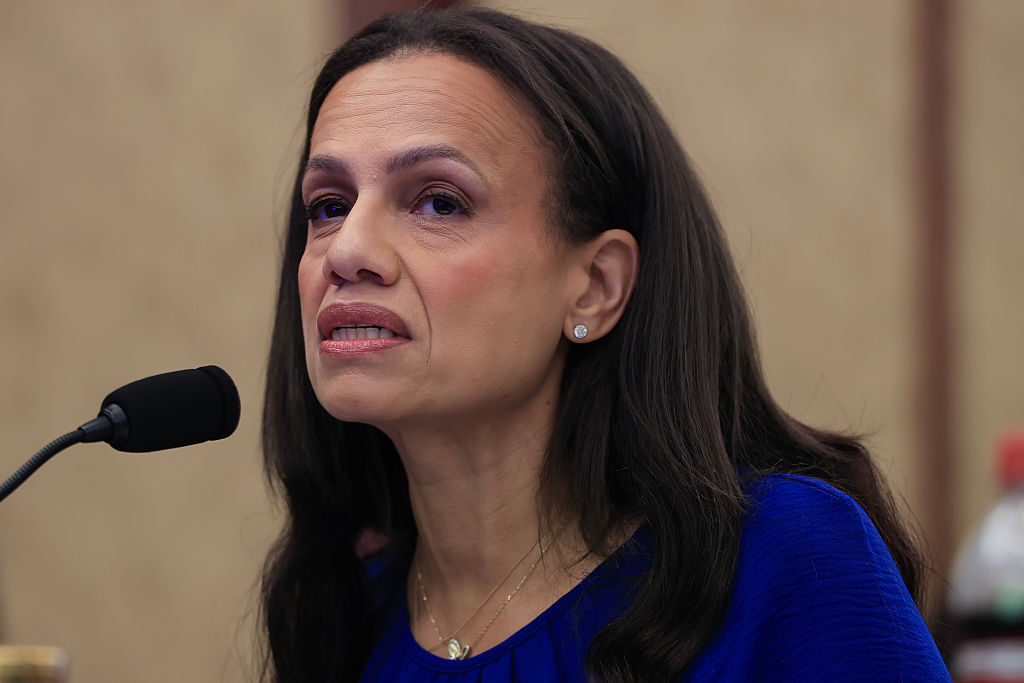Rick Scott recently managed to elbow his way into a jam-packed news cycle with an eleven-point plan to “rescue America.” The Florida senator did not, however, get the headlines he wanted.
Senator Scott’s proposals ranged from the trivial, such as a suggestion to name the border wall after Donald Trump, to the obvious: growing the economy was one especially helpful idea. But it was a tax plan that landed him in hot water with colleagues. “All Americans should pay some income tax to have skin in the game, even if a small amount,” suggested Mr. Scott. “Currently over half of Americans pay no income tax.” You hardly need to be a master political strategist to see the problem with proposing a tax hike on millions of Americans at the bottom end of the income scale in an election year.
This unforced error earned Scott almost universal criticism from his party colleagues. Senate Minority Leader Mitch McConnell, having announced that Republicans would not be releasing a legislative agenda ahead of November’s midterm elections, seemed especially frustrated. Scott’s eleven-point plan was in part an answer to a question posed by Joe Biden earlier this year. “What are Republicans for,” asked the president, feigning exasperation at the Republicans’ refusal to rubber-stamp his multitrillion-dollar plans.
While elected Republicans are either understandably poker-faced (McConnell) or needlessly clumsy (Scott) in their answers to Biden’s cynical question, others on the right can opine more freely and thoughtfully on a related issue: the state of American conservatism. That is exactly what we asked a dozen contributors to do this month for a symposium on the future of the right. (Their contributions will be posted here on The Spectator World website in coming days.)
When it comes to both means and ends, philosophical principles and political tactics, tone and substance, the right is willing to entertain a bewilderingly broad range of possibilities these days.
Sohrab Ahmari is unsparing in his critique of the conservative establishment, accusing its various factions of having wrought “generational failure.” Jonah Goldberg attempts to lower the temperature, suggesting that the insurgents in contemporary conservatism could do with more prudence and a little less revolutionary zeal. Stephanie Slade and Nate Hochman debate fusionism, for decades the keystone idea of the conservative movement but today regarded with disdain by a feisty band of traditionalists agitating for a divorce from libertarianism. A thread throughout the symposium is the one of the oldest questions in politics: what is the proper role of the state? Roger Kimball delivers the Founders’ wisdom on that important subject.
Daniel McCarthy imagines a future in which conservatism looks like “Friedrich Nietzsche meets Beavis and Butt-Head”: a prospect equal parts terrifying and intriguing. Douglas Murray laments the fact that some on the right seem besotted with Vladimir Putin because he happens to be anti-woke, as though that matters right now. “Knowing which bathroom to use isn’t everything,” writes Murray. “Certainly it is no basis for a foreign policy.”
Events overseas and at home should focus minds and add some much needed seriousness and urgency to these conversations. Abroad, war in Ukraine is a chastening rejoinder to the trollish gear that so many American conservatives seem stuck in. Jacob Heilbrunn contrasts the gravity of a European war with the trivial, bad-blooded style of politics in the US: “Over the past several decades, there are too many men, and a few women, in the Republican Party who have become enamored of poking the fire, whenever and wherever possible. The embers of dispute and rancor and vitriol that they have stirred up threaten to become an inferno that leaves nothing but a denuded political landscape behind.”
In Washington in the coming months, probably by late June or early July, the Supreme Court will deliver its judgment in Dobbs, a case that, whether or not it overturns Roe, will have a seismic impact on conservatism. The credibility of the conservative legal movement, whose many victories will, in the eyes of many on the right, seem superficial if the Court, as constituted, does not deliver for the pro-life movement. And by next January, it’s very possible that Republicans will be in control again on the Hill, making McConnell’s tight-lipped approach far more difficult.
A bad-blooded debate about Donald Trump has now dominated intra-right conversations for more than half a decade. But that fight over one man — and an attendant web of grudges, feuds and vendettas — disguises a much broader and more important debate. Biden’s second year, with an ever more radical left making clear the consequences of defeat but with the next presidential election far enough away to mean personalities don’t overshadow the issues, is a good time to have that debate.
As contributions to this issue demonstrate, it’s an exchange of views that can be conducted in good faith. Not that there isn’t a lot on the line. For a future without a healthy, vigorous American conservatism is a future without a healthy, vigorous American republic.
This article was originally published in The Spectator’s April 2022 World edition.

























